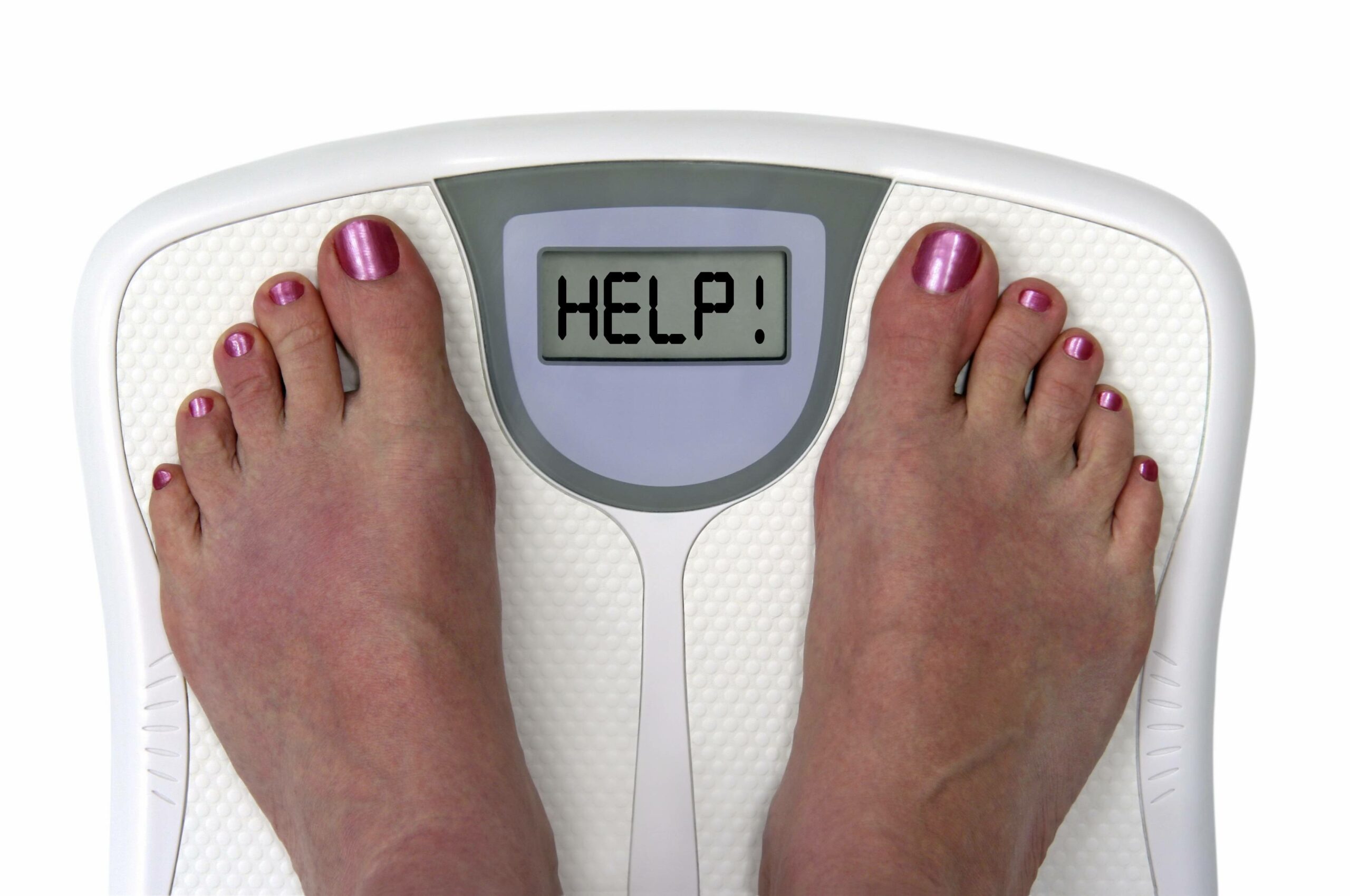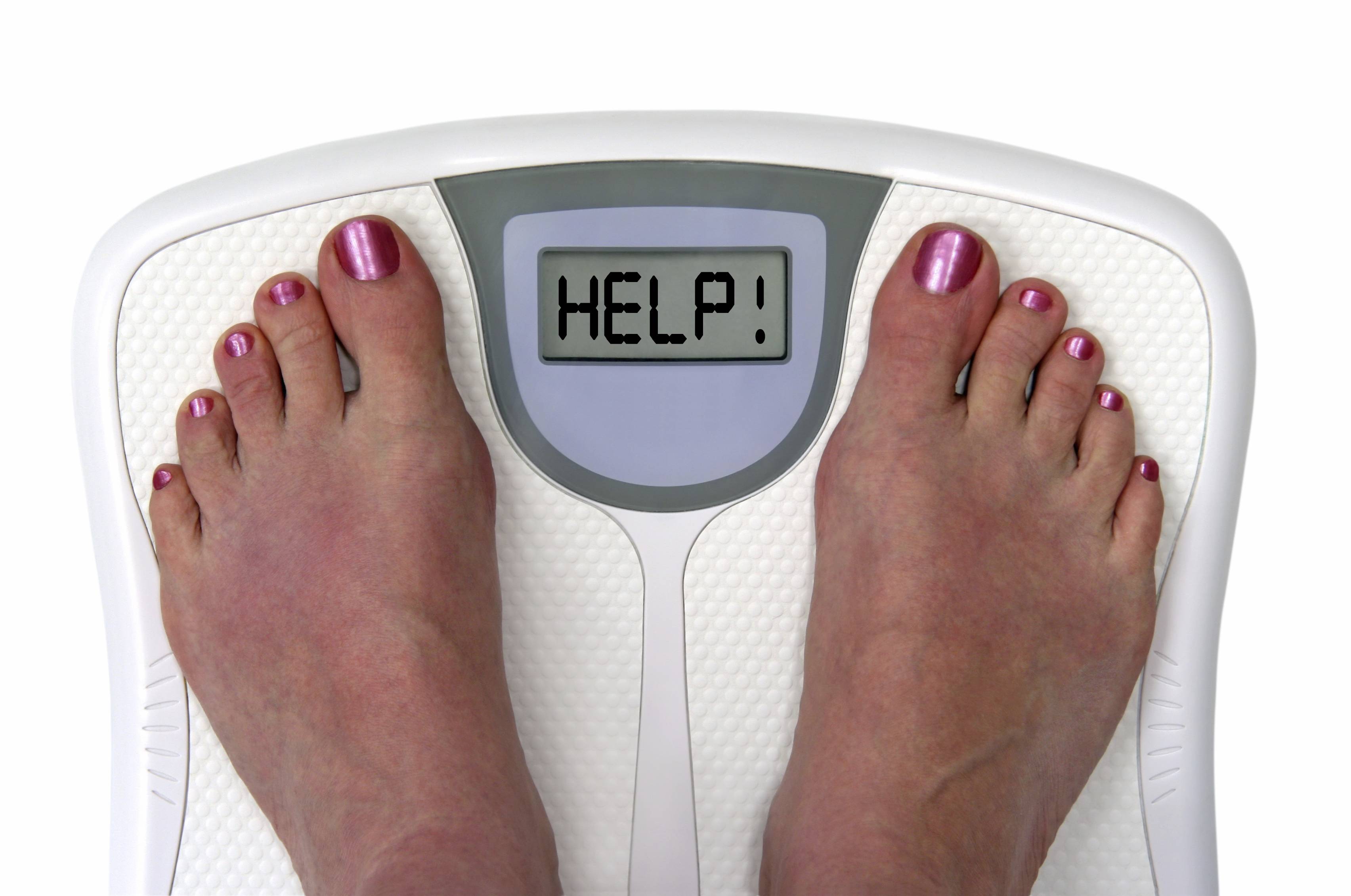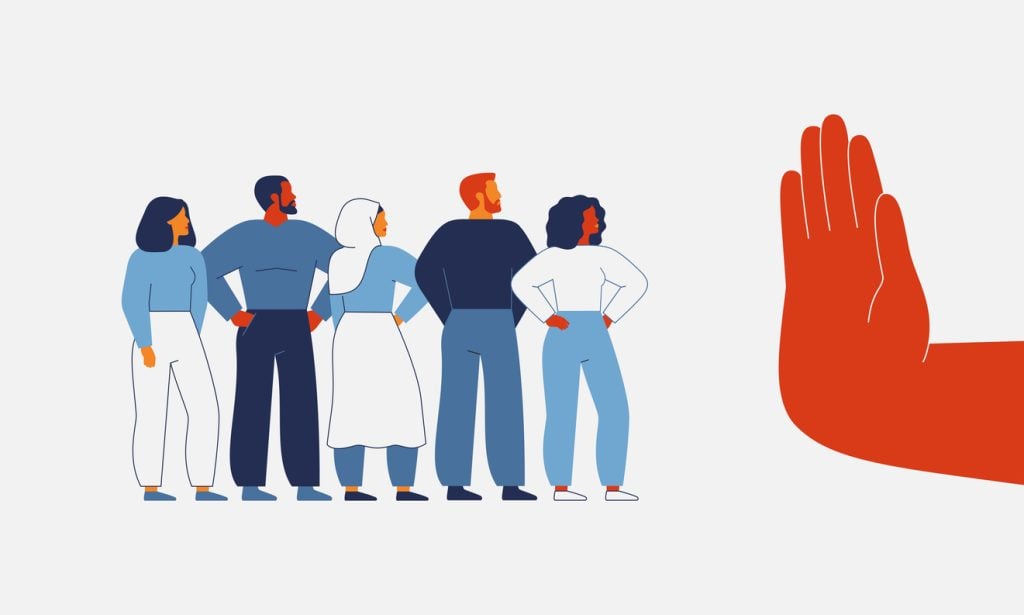

Obesity Isn’t A Disability According To Seventh Circuit

 On June 12th, the seventh circuit court ruled that obesity alone does not qualify for workplace accommodations under the Americans with Disabilities Act (ADA). The ADA legally requires employers to reasonably accommodate employees with documented disabilities. However, obesity alone, without evidence of another physiological disorder related to weight gain, will not be a protected disability under the ADA. Therefore, employers are not required to reasonably accommodate obese employees without additional disorders who struggle to perform their jobs due to weight.
On June 12th, the seventh circuit court ruled that obesity alone does not qualify for workplace accommodations under the Americans with Disabilities Act (ADA). The ADA legally requires employers to reasonably accommodate employees with documented disabilities. However, obesity alone, without evidence of another physiological disorder related to weight gain, will not be a protected disability under the ADA. Therefore, employers are not required to reasonably accommodate obese employees without additional disorders who struggle to perform their jobs due to weight.
Court Decision On Obesity
The case that prompted this decision from the seventh circuit was Richardson vs. Chicago Transit Authority. Richardson was a bus driver who weighs nearly 600 pounds. He and his lawyers claimed that his employers took illegal action against him due to his obesity, thereby violating the ADA. The Chicago Transit Authority argued that they had a legitimate reason to terminate Richardson: he exceeded the bus’s weight requirement, making it difficult and even unsafe for him to do his job. The court sided with the Chicago Transit Authority and offered a similar line of reasoning on the ADA as the Second Circuit in New York has previously stated. The court maintains that weight may only qualify as a physical impairment under the ADA if it falls outside the normal range (e.g. obesity), and occurs because of a physiological disorder.
Legal Precedent On Cases of Obesity In The Workplace
The Seventh Circuit is the fourth federal appeals court to rule that obesity alone is not a protected disability under the ADA. In addition to the Second and Seventh Circuits, the Sixth and Eighth circuits have made similar rulings. However, other jurisdictions have reached the opposite conclusion, that obesity ought to be protected under the ADA. This issue is still unsettled in other districts. Therefore, employers ought to be careful when making employment decisions involving obese employees. If you are unsure how to handle this kind of decision, you should consult with legal counsel to ensure that you comply with the law. Data suggests that this issue will only become more common in the future. Almost three-quarters of men and more than 60% of women in the United States are obese or overweight. Someone is overweight when his or her Body Mass Index (BMI) is greater than or equal to 25. Obesity occurs with a BMI equal to or greater than 30. With so many Americans falling into the obese category, employers must pay attention to this issue.
Seek Legal Assistance
If you have questions about the Americans With Disabilities Act, seek legal assistance today. The Working Solutions Law Firm, located in New York City, can assist you. Contact us today at (646) 430-7930 to schedule a free case evaluation and receive experienced legal counsel.


